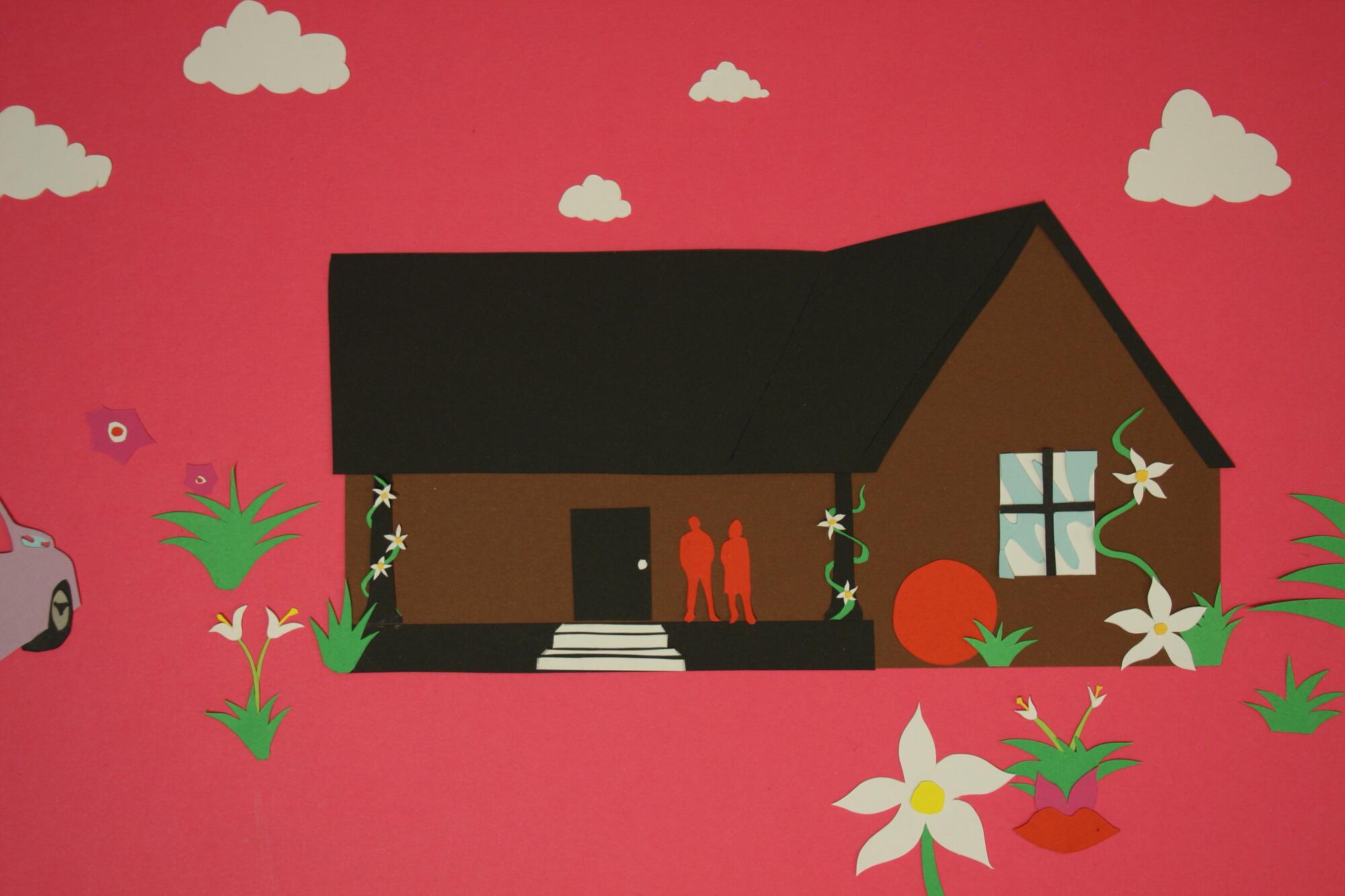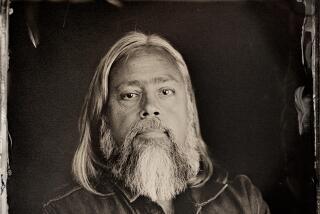
- Share via
For most of my existence I have felt like merely an observer of my own life. While the nuances and circumstances may be different, I am certain that this feeling is common among those of us who spent any time in foster care.
It is estimated that nearly 500,000 children are currently in foster care across North America.
When social services pull a child from their birth parents and places them within the system, they believe they are doing what is best and what is necessary: an extraction from a problem situation and into a structure that is offered as being a safer place for a child to flourish and grow. But so often this is not the case. This reactive approach does not account for the long-term effects, and rarely considers the groups disproportionately targeted.
I was so young when my older half siblings and I were placed into foster care that I do not recall a life before it. We remained together, an extreme rarity. We watched the world move around us as we were shuffled around, never questioning why. Social workers and other adults whispered about us among themselves.
Eventually, we would all be adopted together (another extremely rare occurrence), done in haste after rumors of abuse began to spread involving multiple foster families. But this would not be the happy ending one imagines when you “find” your new family and our unification would not last.
Despite my adoptive parents’ good intentions, they were not equipped to handle all that would come with adopting the three of us in the early 1990s. Both of them, only in their mid-20s, would become overwhelmed by marital problems and the continuous outbursts of my siblings. I mostly kept to myself, immersed in comic books, drawing and imagining a bigger world outside my own.
This immersion became a form of dissociation, which makes many details a little unclear to me. My brother would end up going to juvenile detention just a few short years after our adoption. My sister would run away some time before my 15th birthday. Shortly afterward, my parents’ marriage would disintegrate. Caught between their resentment toward each other, I too would be forced to leave at 15.
While my time as a foster child was brief compared with the totality of my life, for many people the entirety of their childhood is spent being ushered from home to home. Often quickly pulled from their routine, items of clothing and toys stuffed hastily into plastic garbage bags. If these years are supposed to be our most formative and essential to development, imagine how this feeling of impermanence might shape someone.
There is a foundation that is built by one’s family history. A richness of identity and connection that occurs when you are aware of your roots. In the foster system, many are deprived of cultural practices and spirituality. For me, a mixed-race child, my ties to racial identity were severed when I entered the system unaware of the ethnicities that made my brown skin so different from my white-passing siblings. This deficit in inherited identity creates a rift in one’s confidence and self-perception.
In the aftermath that becomes adulthood, after being pushed through the conveyor belt of the system, we are left to consider our losses. Despite the varying severity of situations that lead to becoming foster children, the different experiences within those homes, good or bad, there’s a common shared perspective of being untethered to a world where worth is often measured by where you come from.
What have we gained? Resilience, thick skin, a guard that doesn’t allow us to regain what should have always been ours. These gains and losses may become apparent to us only, if at all, much later in life as we hit barriers, search for connection and try to form our own relationships.
In some ways I am grateful for how my upbringing shaped who I am today. It gave me the ambition and drive to become more than the circumstances laid before me. But not everyone is so fortunate, not even my siblings were able to avoid being statistics of the damage caused by the system; unable to find their footing, their lives became affected by substance abuse, poverty and incarceration. This being the varied spectrum of survival mode.
It is impossible for me not to imagine what our lives might have been like if we had stayed with our birth mother. What others’ lives would be if their families were given support and means to survive instead of forced separation. I wonder if social workers themselves consider this or if their work is too challenging to focus beyond the short term.
Until recently, I never really spoke about my childhood. It didn’t seem exceptional or sad. It was just what I knew. When I compared my upbringing with classmates, I often felt a little embarrassed that I didn’t have stacks of photo albums containing baby pictures. No one retelling stories of the day I was born. No idealistic family portrait.
When the world talks about foster care, it rarely comes from the child’s perspective. For me, foster care is most symbolized by dragging one’s belongings in a plastic garbage bag to each temporary place.
But metaphorically, we will carry that plastic bag for the rest of our lives.
Sardé Hardie is a writer, producer and community organizer working in the Canadian film industry. She is the writer and co-director of the animated film “Wild Flower.”
More to Read
A cure for the common opinion
Get thought-provoking perspectives with our weekly newsletter.
You may occasionally receive promotional content from the Los Angeles Times.









